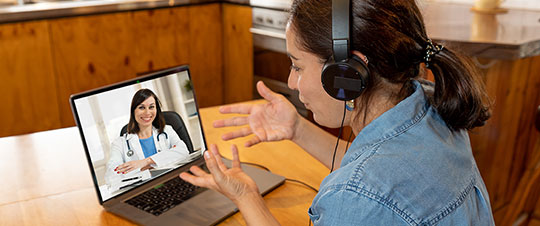In most cases, your primary care provider (PCP) should be your first choice for care. Your provider is familiar with your medical history and a scheduled office visit is the most cost-effective method of care.
If you have a more immediate need, you do have other options. Our explanation below can assist you in making the right choice when it comes to your need for care, ensuring that you receive the right care in the right place at the right cost.
If you are experiencing symptoms outside of normal working hours, our Nurse Advice Line hotline has registered nurses who can answer your questions or guide you to the appropriate location for care.



